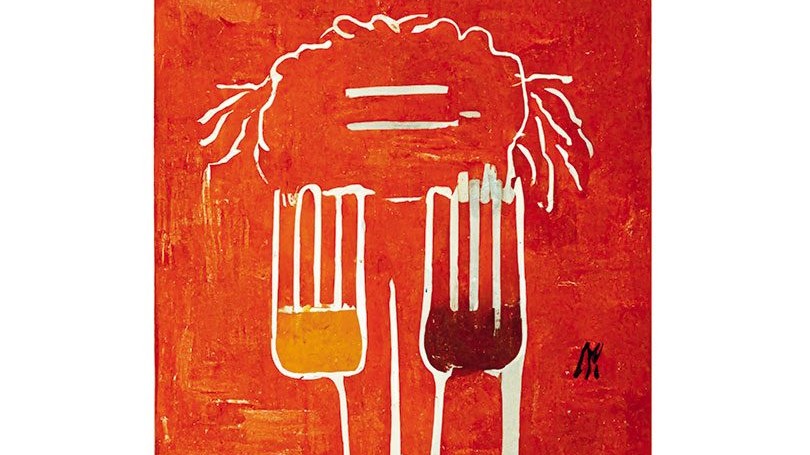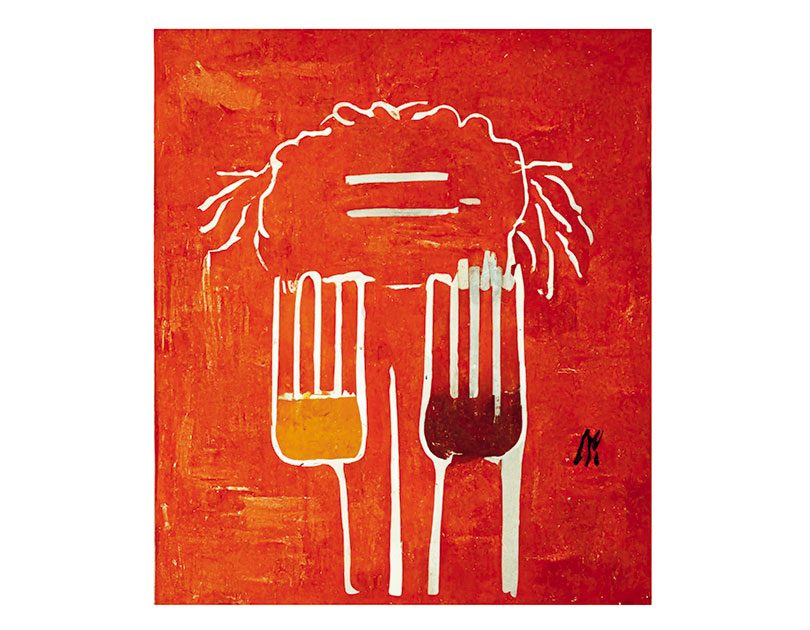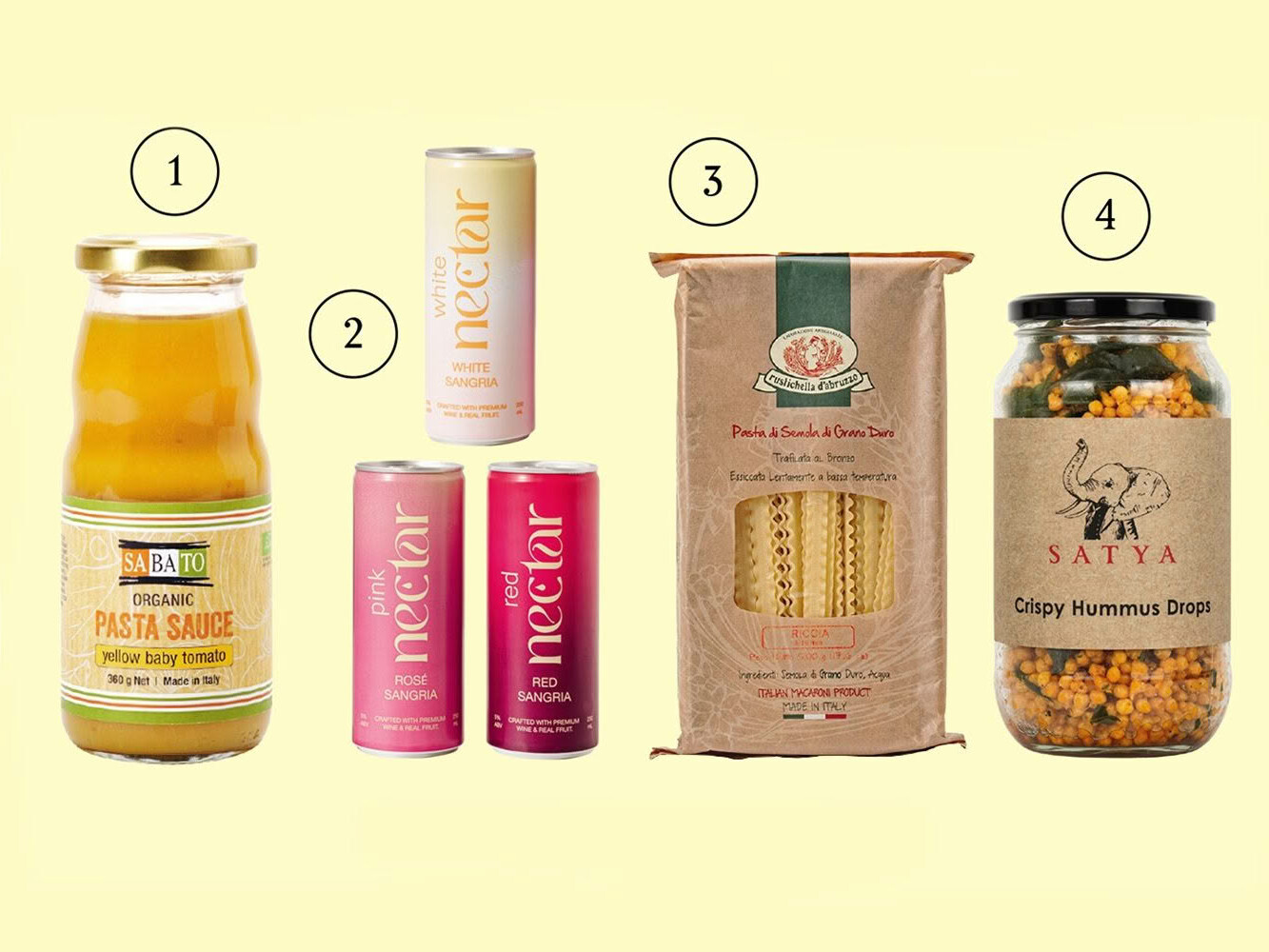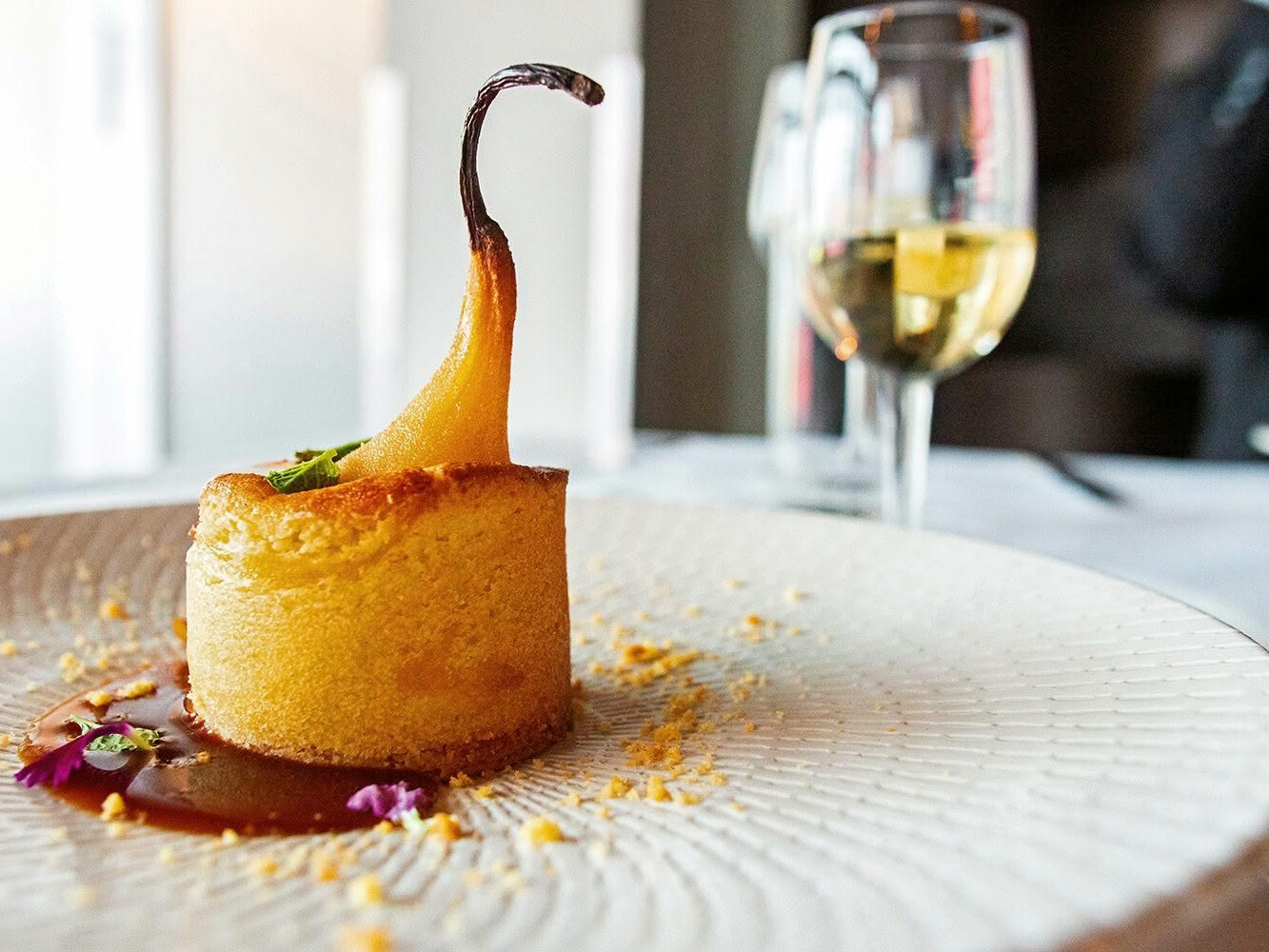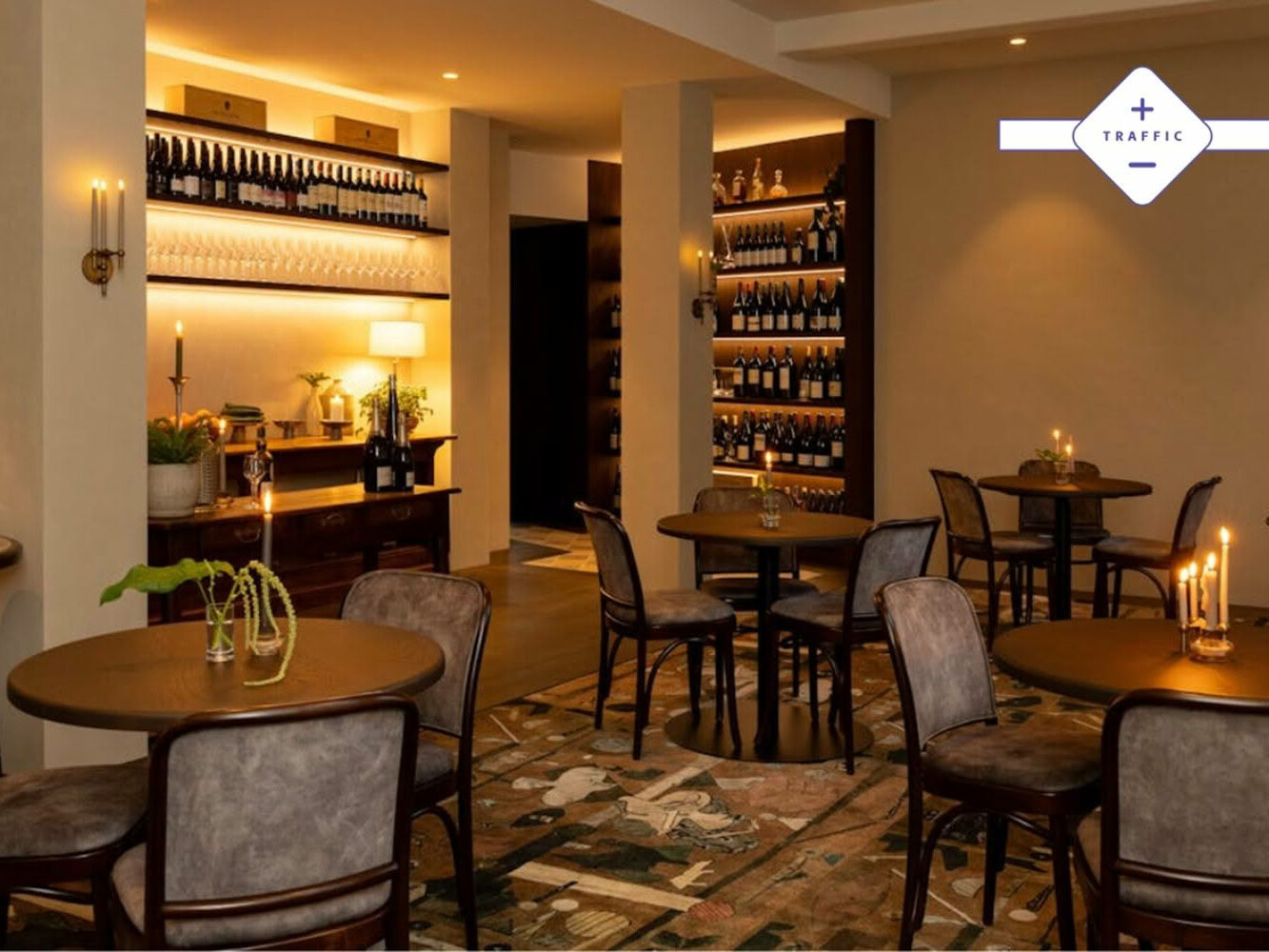Long hours, late nights and irregular eating mean that hospitality professionals have to work hard to maintain their wellbeing. Hillary Eaton explores what we can all learn from those who spend their lives making people feel good through food.
New year, new you. That’s the Instagram-born wellness mantra – equal parts promise and pressure – that loops through our social feeds in digitally rendered, carefree calligraphy every January. It reminds us that with each new year comes the renewed opportunity to take care of ourselves differently.
I tell myself that 2023 is the year I stop drinking Coke at midnight. If you haven’t felt the gobsmack of hunger arising from a physical day’s work that lasts long into the evening, then you can’t truly know how good screaming-cold sugar can feel when you need to eat – the je ne sais quoi of corn syrup in the wee hours. Like other front-of-house staff, after criss-crossing the dining room for kilometres in an evening to feed other people, it’s finally time to feed myself. This is where my midnight Coke comes in. At all other hours, Coke is saccharine, undrinkable. In the middle of the night, Coke from a fountain pulled through a straw in icy gulps is divine bliss, a sensory blowhorn of ‘yes’ through the body.
When it comes to New Year’s resolutions, cutting sugar seems an obvious one. Despite the body’s design to chemically plead for sugar and carbohydrates after prolonged physical work, consuming sugar in the evenings is one of the worst things you could do for yourself.
The most common New Year’s resolutions and intention setting the world over is related to what we eat, with dieting and weight loss a favourite. But when there is so much space for positive change around what and how we eat, it’s surprising how narrow that scope is: our health is measured in so much more than our weight.
Sheer will notwithstanding, what tends to keep people from realising their resolutions and seeing positive change in their health and relationship to food comes down to time, money and access. The further you are removed from the middle-class 9-5ers, the more difficult this triad of hurdles becomes. Those who work late into the evenings, outside of the rest of society’s timelines, or within fields that generate lower incomes, have odds stacked particularly against them. Hospitality workers – the most ironically star-crossed group of people when it comes to food – are a strong example of this. This also makes us the perfect people to help understand the intentions and habits that can be set around food. When it comes to those things that your body craves on a quieter, deeper level – outside merely nutrition – these are the intentions and habits we’ve learned out of necessity.
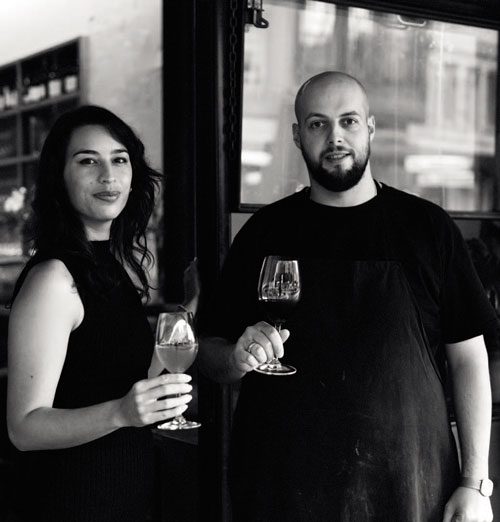
I tell myself that 2023 is the year I will eat more hot food after midnight. When working late into the evenings, eating enough hot and freshly prepared food each week can be the difference between feeling more emotionally stable and physically well or feeling myself begin to unravel at my looser threads.
As explored by the burgeoning field of nutritional psychology at universities such as Harvard and Oxford, what we eat has a significant impact on not only our physical health but also our mood and mental state. It’s not just the nutrients themselves that can impact us, but how we eat them can also have psychological effects.
If I go a few evenings in a row rifling through the fridge at 1am for something quick and often random, or standing at the counter eating cold takeaway that I can’t be bothered to reheat, I begin to not only feel less physically well but also sense the vignette of depression seeping in from the corners of my mind.
Nutritional psychology says this is to be expected. Eating hot, freshly prepared food is scientifically proven to be easier on the digestion. At the time of cooking, nutritional compounds are released which make food more chemically satisfying, healthier and more nutrient-rich than if you eat the same food after it’s gone cold.
Beyond the physical, eating something hot brings with it the primal need for the warmth of society and human gatherings. There’s a sort of care, whether for yourself or from others, that only a hot meal can provide. As the only animals to alchemise our food by cooking, hot food is a large part of what makes us human: it’s not just flavour we miss when that’s taken away, but also our connection to that humanness.
For Emma Ogilvie and Nick Landsman of Auckland’s Bar Céleste and Gloria’s, despite working all day in restaurants full of people, it can be hard to feel connected to the rest of the world. One way they not only reconnect to one another but also look after their mental health is by making sure they get their own dose of hospitality each week. With their schedules – like the rest of hospitality workers – eating out at restaurants during regular hours is limited to Mondays, but dining out on this notoriously quiet day doesn’t bring with it the same convivial energy of a bustling restaurant as on a weekend evening. They crave the buzz of energy that only comes from large rooms of strangers sitting together with laughter, flickering candles and nearly too-loud music. Like church, only different.
“When you go out on Monday it’s so dead and there isn’t really a vibe,” Nick says. “And it’s just not the same.” Instead, the pair opts to cook a really nice meal together on Mondays, something time-consuming and fun such as a handmade pasta and ragú or another ‘project’. To get their fix of human interaction, they pull up a chair at 1am at a vibey late-night haunt such as Acho’s, a K Rd hospo favourite, and snack on Japanese small plates and sake. “To work in hospo is about giving, so to be able to receive hospitality together [as a couple] and be around people and have a vibe makes you feel a part of it [the rest of the world]. It makes you feel like ‘this is a good life’.”
The duo’s need for a busy restaurant (one they aren’t working in) has basis in science. Getting out and being around people has been proven to decrease depression and spending time with your community can make you feel more fulfilled and is even linked to longer life. According to a study in the Journal of Positive Psychology, memorable experiences (such as dining out) make humans happier than material things.
So that dinner out might have more value for our wellbeing beyond just feeding us. “I realise it’s been really good for my mental wellbeing,” Emma tells me, of making the time for their late-night dining excursions, despite a busy schedule.
As a new father, bartender Phil Spector gets home late only to experience his ‘family dinner’ through the leftovers in the fridge at 1am. But while others might sacrifice the sacred time of eating with family when things get busy or schedules can’t align, Phil believes it’s important to find it in new and different ways. “For me, working late nights has definitely meant a sacrifice of spending time with my partner and young son, however it makes me feel more appreciative of our time together in the mornings.”

Every morning, Phil makes sure that his wife wakes up to the smell of coffee, replacing family dinner with family breakfast. “It may be nothing more than a coffee but we make sure to do something together.”
The age-old tradition of a daily meal as a family is linked to better physical health for both parents as well as decreased levels of anxiety and drug use in children and teenagers. So, if dinner is out of the question for you, there’s still hope.
I tell myself that 2023 is the year to create a new tradition for me and my family; coffee and snuggles in the morning as our ‘family meal’, to replace the one we don’t have together as often as we could.
Food is our memories and culture, a living thing that crosses all borders, sustains all bodies and makes a life more than just living. It is economics, sociology and politics. It’s also deeply personal, psychological and cellular. It can be as mystically soul-satisfying or inconsequential as sex, depending on your proclivities. If it was not already so, would we have ever imagined that the very thing that gives us life can come in so many flavours of itself?
SEE MORE FROM CUISINE
Design File / Jessica Crowe / stylist, painter / Whangamatā
Though you may not know Jessica Crowe’s name, if you are a regular…
Traffic July / August 2025
Josh and Helen Emett continue the elegance and success of Gilt, with…

